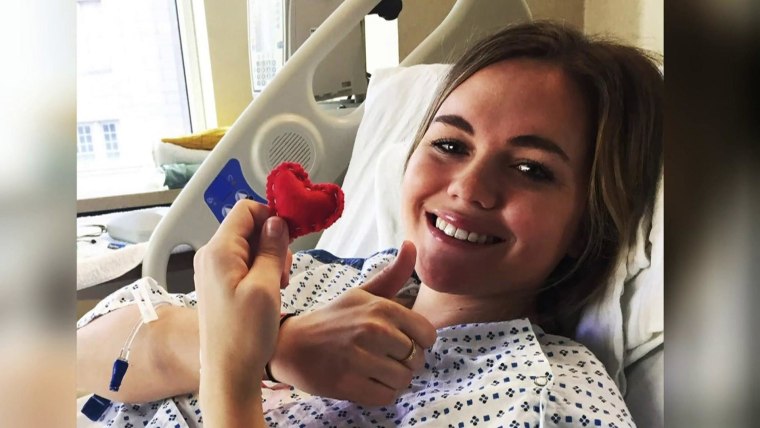One of the nation’s leading voices on cancer predicts the number of people who will die from breast or colorectal cancer in the U.S. will increase by nearly 10,000 over the next decade because of COVID-19’s impact on oncology care.
“There can be no doubt that the COVID-19 pandemic is causing delayed diagnosis and suboptimal care for people with cancer,” wrote Norman “Ned” Sharpless, director of the National Cancer Institute, in an editorial published Thursday in the journal Science.
Full coverage of the coronavirus outbreak
Sharpless wrote that while postponing cancer-related procedures was “prudent” at one point during the pandemic, overwhelming fear of becoming infected with the coronavirus in health care settings has drastically reduced the number of mammographies and colonoscopies that can find tumors at earlier, often treatable, stages.
“Cancers being missed now will still come to light eventually, but at a later stage,” Sharpless wrote, “and with worse prognoses.”



To prepare for an onslaught of COVID-19 patients, many hospitals delayed or modified cancer surgeries, chemotherapy and radiation — treatments that are typically scheduled carefully with precise doses for the best outcomes.
Let our news meet your inbox. The news and stories that matters, delivered weekday mornings.
“Every cancer institute in the country has been impacted by this,” said Dr. Kimmie Ng, director of the young-onset colorectal cancer center at Dana-Farber Cancer Institute in Boston and an associate professor of medicine at Harvard Medical School.
Ng said she and colleagues nationwide have noted a decrease in the number of new cancer diagnoses in the past few weeks and months.
“That certainly has us worried that there are cancers out there that are being undiagnosed,” Ng said. “We are all preparing to see a surge of new patients.”
Sharpless suggested the fallout will be huge for breast and colorectal cancers in particular, which account for one-sixth of all cancer deaths.
“Modeling the effect of COVID-19 on cancer screening and treatment for breast and colorectal cancer,” Sharpless wrote, “over the next decade suggests almost 10,000 excess deaths,” a conservative estimate, he added. That’s 10,000 more deaths than would be expected if there had been no pandemic.
What’s more, the pandemic put a halt on cancer research, including trials examining new treatments.
Ng said the Dana-Farber labs are just now starting the process of reopening and resuming experiments after being shut down for many weeks.
“We’ve lost months and months of time just from that temporary shutdown,” she said.
Download the NBC News app for full coverage of the coronavirus outbreak
Despite the ongoing pandemic, physicians said medical facilities have put strict precautionary measures into place to reduce the potential for infection. Patients are often screened when they arrive, they’re given masks, and the number of patients in waiting rooms is limited.
“Now is a really safe time to come back to get treatment,” Ng said.
More than 41,000 people die of breast cancer each year in the U.S., according to the Centers for Disease Control and Prevention. More than 52,000 deaths are attributed to colorectal cancer every year.
“Ignoring life-threatening non–COVID-19 conditions such as cancer for too long may turn one public health crisis into many others,” Sharpless wrote. “Let’s avoid that outcome.”
Follow NBC HEALTH on Twitter & Facebook.



Erika Edwards is a health and medical news writer and reporter for NBC News and “TODAY.”

